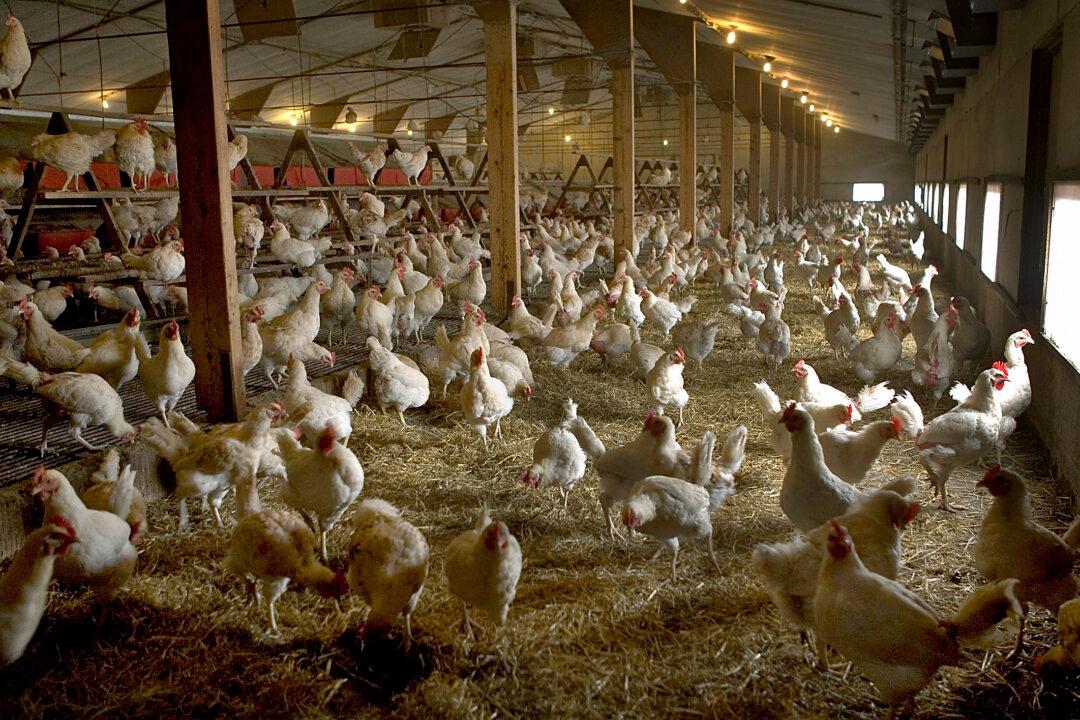A Conservative MP is calling for sterner legislation to discourage overzealous animal rights activists from disrupting vital farm operations, according to a story in Blacklock’s Reporter.
“Animal activists have become even more brazen to the point where they’re endangering the lives of animals on farms, but in some cases, the public and the livelihood of our farmers,” said Alberta MP John Barlow, the sponsor of a bill to increase the penalties for protests on farm properties.





